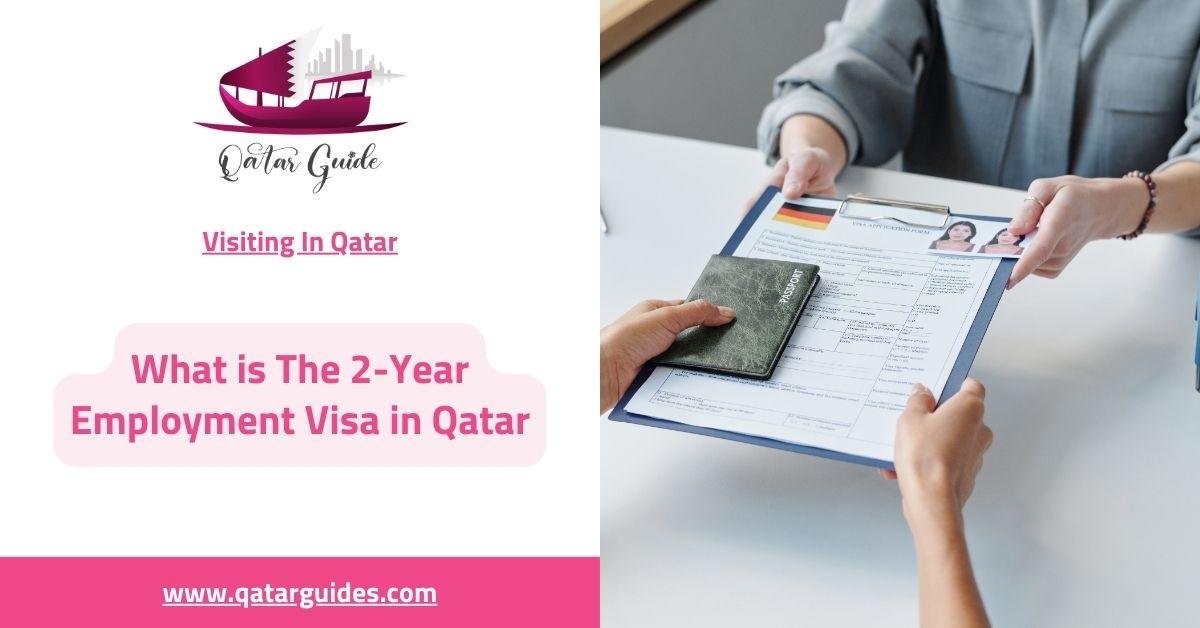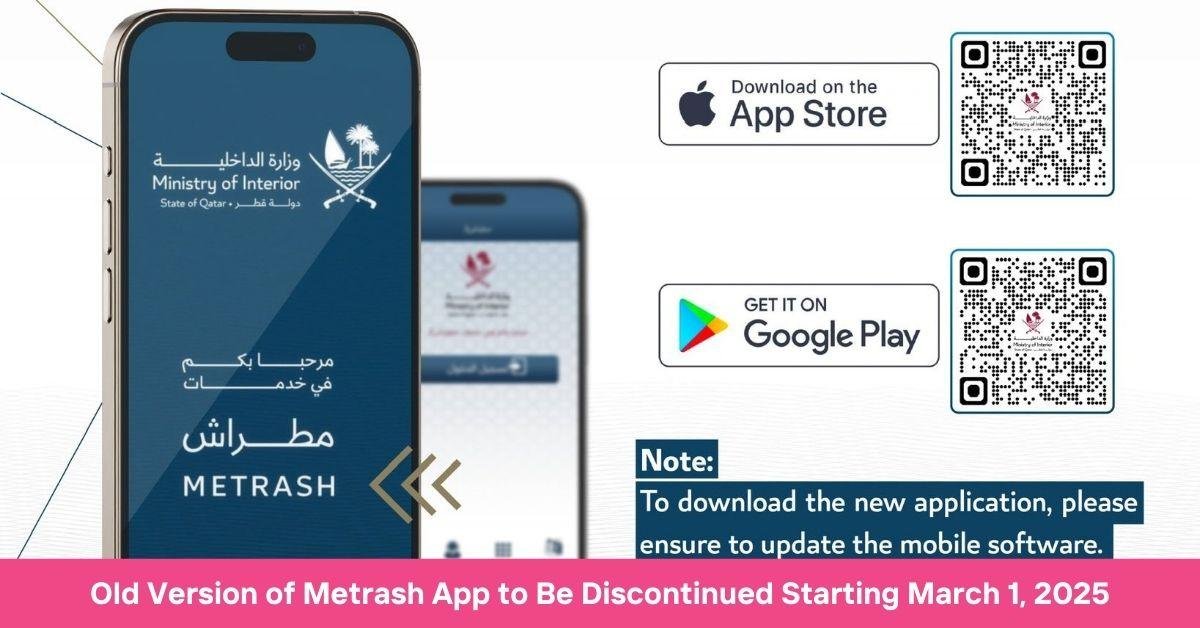Every country establishes a set of rules and regulations to ensure that its workforce is treated fairly and equitably. In Qatar, the Labour Law has been carefully crafted to secure the rights of workers and maintain a balanced and fair working environment. One of the most significant components of this law is the Wage Protection System (WPS), which ensures timely, transparent, and fair payment for employees across all sectors.
As an employee or employer in Qatar, it’s essential to understand these laws, especially the Wage Protection System, to navigate the employment landscape without facing any legal issues. In this blog post, we will explore the various aspects of Qatar Labour Law, including the Wage Protection System, recent changes, and how it benefits workers.
What is Qatar Labour Law?
Qatar’s Labour Law, or Employment Law, is a comprehensive set of rules that governs the relationship between employees and employers. This law outlines essential rights, responsibilities, and duties that both parties must adhere to. The goal is to create a working environment where everyone is treated fairly, with a strong emphasis on employees’ safety, security, and well-being.
Some of the key components included in the Qatar Labour Law are:
- Working Hours: The maximum number of hours an employee is expected to work each day or week.
- Wages: The minimum pay an employee should receive for their work, including allowances and bonuses.
- Benefits: Includes medical insurance, accommodation, transport allowances, and other employee benefits.
- Leave Entitlements: The types and duration of leave an employee is entitled to, such as annual leave, sick leave, and maternity leave.
Why is Qatar Labour Law Important?
Having well-established labour laws is crucial for ensuring a positive and harmonious work environment. Qatar’s Labour Law has contributed immensely to improving the working conditions in the country, making it one of the safest and most attractive places to work in the Gulf region. Some of the essential benefits and features of Qatar’s Labour Law include:
- Minimum Wage Protection: Ensures that employees are paid at least a minimum wage for their work, irrespective of the sector or position.
- Annual and Sick Leave: Workers are entitled to a specific number of days off annually, as well as sick leave when needed.
- Overtime Pay: If employees work beyond their regular working hours, they are entitled to extra compensation.
- Exit Permits: Clear procedures are established for expatriates wishing to leave Qatar after their employment ends, ensuring smooth transitions for workers.
If you are ever in a situation where you feel that your rights are being violated by your employer, Qatar’s Ministry of Labour allows employees to file complaints and address grievances directly with the authorities.
What is the Wage Protection System (WPS) in Qatar?
One of the most important features of Qatar’s Labour Law is the Wage Protection System (WPS). The WPS is a government-regulated initiative designed to ensure that employees are paid fairly, on time, and transparently. This system is mandatory for all companies operating in Qatar, and it involves the payment of salaries through banks. The purpose of the WPS is to prevent wage theft and provide employees with a secure, traceable method of receiving their payments.
Key Features of WPS
- Bank Payments: Employers are required to pay employees’ salaries via bank transfers, which adds an extra layer of transparency and traceability.
- Clear Pay Statements: Employers must provide clear and detailed pay statements, indicating the breakdown of wages, allowances, and deductions.
- Legal Consequences for Non-Compliance: If employers fail to adhere to the WPS rules, they may face severe legal consequences, including fines or even criminal charges.
The introduction of WPS has proven to be a game-changer in promoting fair pay and transparency. Both employers and employees are encouraged to stay informed about this system to ensure smooth compliance with the law.
Recent Changes to Qatar Labour Law
Qatar is constantly working to improve its labour laws to ensure better working conditions and protect workers’ rights. In recent years, the country has introduced significant changes to its labour laws, particularly regarding the rights of expatriates and the minimum wage. These changes aim to provide more freedom and security to workers and to ensure that their rights are upheld.
Key Changes Include:
- Exit Permit Relaxation: Expatriate workers no longer need to request an exit permit if they wish to leave the country. This reform allows workers to leave Qatar more easily after their employment ends.
- No Objection Certificate (NOC): Workers are no longer required to obtain an NOC from their employer when changing jobs. This makes it easier for employees to move between employers.
- Introduction of a Minimum Wage: Qatar has implemented a new minimum wage, ensuring that workers are paid a fair, non-discriminatory salary regardless of their nationality.
- Protection Against Exploitation: The government has introduced measures to combat worker exploitation, such as new penalties for employers found guilty of mistreating workers.
- Workers Support and Insurance Fund: Qatar has introduced the Workers Support and Insurance Fund to provide financial assistance and support for workers facing hardships, such as unpaid wages or unfair treatment.
These recent changes are part of Qatar’s broader efforts to align its labour laws with international standards and provide workers with better protection.
Documents Required to Start a Job in Qatar
Before beginning employment in Qatar, you must submit several documents to verify your eligibility for work. These documents ensure that both the employee and the employer meet the legal requirements for employment in the country.
Some of the key documents required include:
- Employment Contract: A formal agreement between the employee and employer, detailing the terms and conditions of employment.
- Completed Application Form: A standard form to be filled out by the employee.
- Medical Fitness Certificate: Ensures the employee is physically fit for the job.
- Employee Passport Copy: A copy of the employee’s passport to verify their identity.
- Passport-Sized Photographs: Two recent passport-sized photos for official records.
- Educational and Experience Certificates: Proof of qualifications and work experience.
- Immigration Card: A card that verifies the employee’s legal status in the country.
- Employment Visa: A visa issued by the Qatari government allowing the employee to work in the country.
- Biometric and Fingerprints: Required for identification purposes.
It’s essential to ensure that all documents are complete and up to date before applying for a job. Note that specific requirements may vary from one company to another, so it’s always a good idea to double-check with the employer.
Employment Contract in Qatar: What Should It Include?
An employment contract is a legally binding agreement that sets out the rights and responsibilities of both the employee and employer. It is crucial for protecting both parties and ensuring that they understand their obligations. According to Qatar Labour Law, an employment contract must include the following details:
- Job Title: The official title or position the employee will hold.
- Job Responsibilities: A clear description of the duties and tasks the employee is expected to perform.
- Personal Data: Basic personal details of the employee, including name, date of birth, and nationality.
- Start and End Date: The contract should specify the commencement and end date of the employment.
- Notice Period: A specified notice period if either party wishes to terminate the contract.
- Annual Leave: The number of days the employee is entitled to for vacation or personal leave.
- Salaries: The agreed-upon salary, including any allowances or bonuses.
- Benefits and Compensation: Additional benefits, such as health insurance, accommodation, or transport allowances.
Having a clear and comprehensive contract protects both parties and helps avoid disputes in the future.
Types of Employment Contracts in Qatar
In Qatar, there are two primary types of employment contracts, depending on the nature of the job and the agreement made between the employer and employee:
- Fixed-Term Contract: This contract has a specified duration with a start and end date. Once the contract expires, it is no longer valid unless renewed.
- Indefinite-Term Contract: Often referred to as a permanent contract, this type of contract does not have an end date and continues until either party decides to terminate it.
Both types of contracts come with their own set of rights and responsibilities, and it’s essential to understand which type of contract you are entering into.
Benefits to Workers under Qatar Labour Law
Qatar Labour Law provides several benefits to workers, ensuring their rights are protected throughout their employment. Some key benefits include:
- Fair pay: Workers are guaranteed fair and timely compensation for their work.
- Health and safety: Employers are required to maintain a safe working environment, minimizing risks to employees’ health and well-being.
- Limited working hours: The law regulates working hours, ensuring employees have a balance between work and personal life.
- Protection from unfair dismissal: Employees are protected from unjust termination and can seek compensation if they are wrongfully dismissed.
Conclusion
Understanding Qatar Labour Law is essential for both employees and employers. The law is designed to promote fairness, protect workers’ rights, and create a harmonious work environment. The Wage Protection System further reinforces these principles by ensuring that employees are paid on time and in full. By familiarizing yourself with the Labour Law and staying informed about any changes, you can ensure a smooth and successful work experience in Qatar.
If you ever encounter issues with your employer, it’s important to know that you have the right to seek help from Qatar’s Ministry of Labour. With the right knowledge, you can navigate the workplace with confidence, knowing that your rights are protected under Qatar’s robust labor regulations.
Frequently Asked Questions (FAQ)
Expatriates cannot stay outside of Qatar for more than six months without facing potential legal issues regarding their residency status.
Typically, employees are only permitted to work for their employer as stated in the contract. However, with the recent changes in the Labour Law, employees can now switch jobs more easily without the need for a No Objection Certificate (NOC). Always check the terms of your employment contract to ensure compliance.
Far far away, behind the word mountains, far from the countries Vokalia and Consonantia, there live the blind texts. Separated they live in Bookmarksgrove right at the coast
According to Qatar Labour Law, employees are entitled to a minimum of three weeks (21 days) of paid annual leave after completing one year of service. This can vary based on the employment contract.
By staying informed and following the guidelines set by Qatar Labour Law, you can ensure that both your rights and responsibilities are clear.











Add a comment